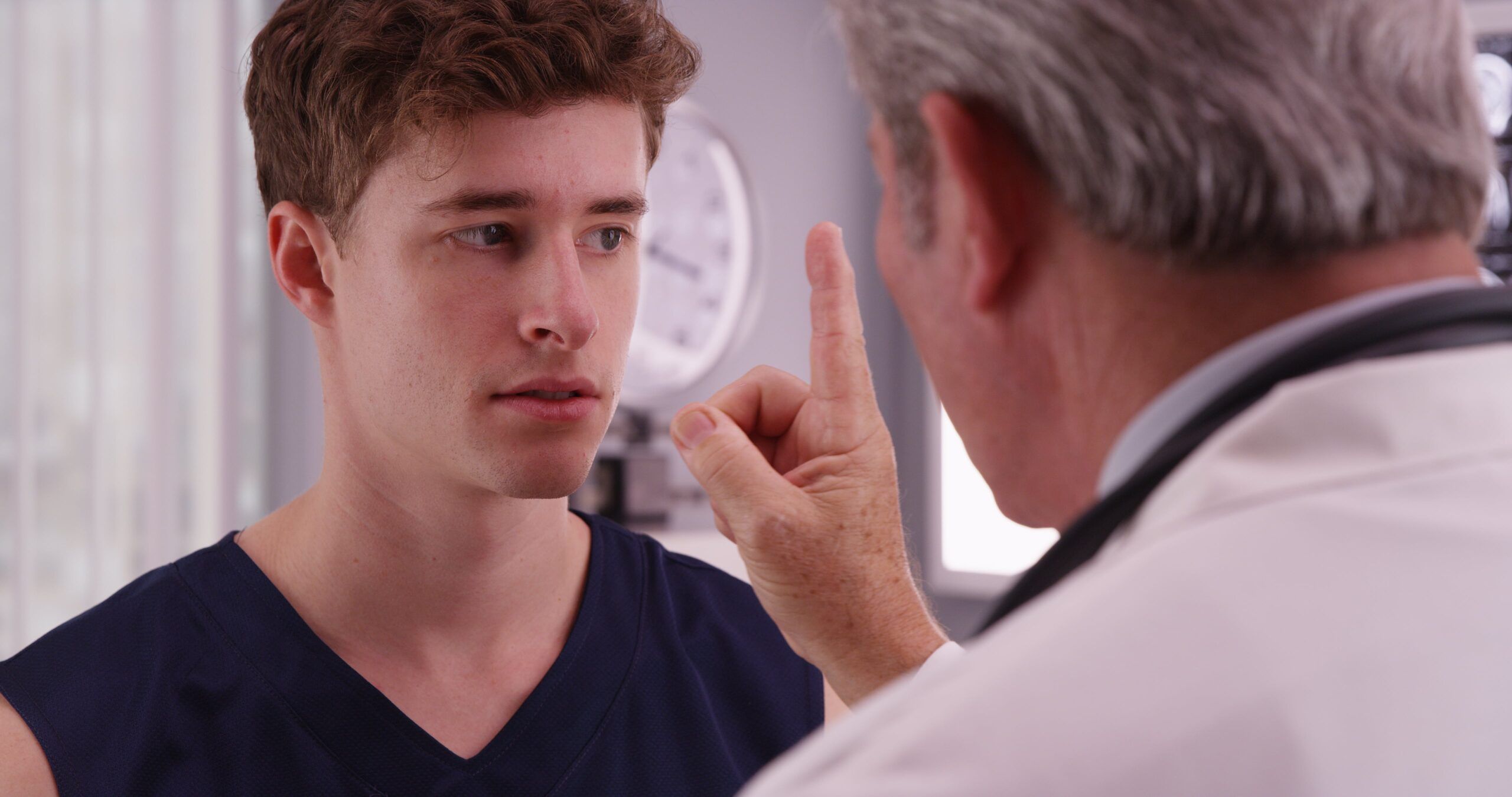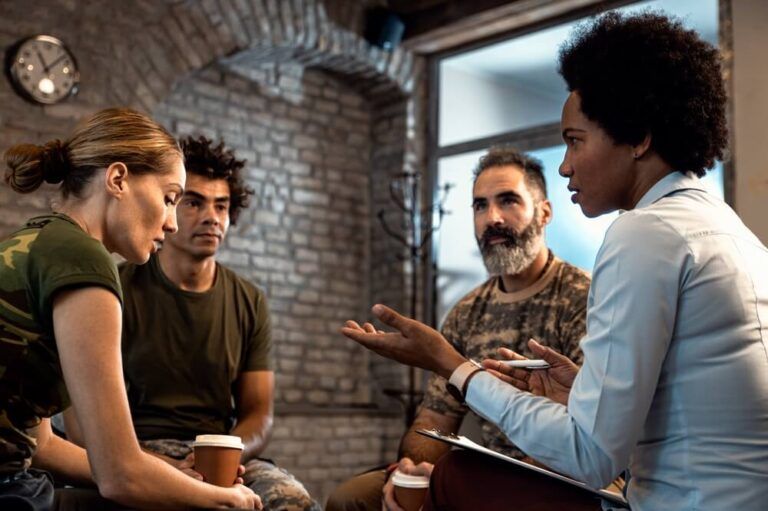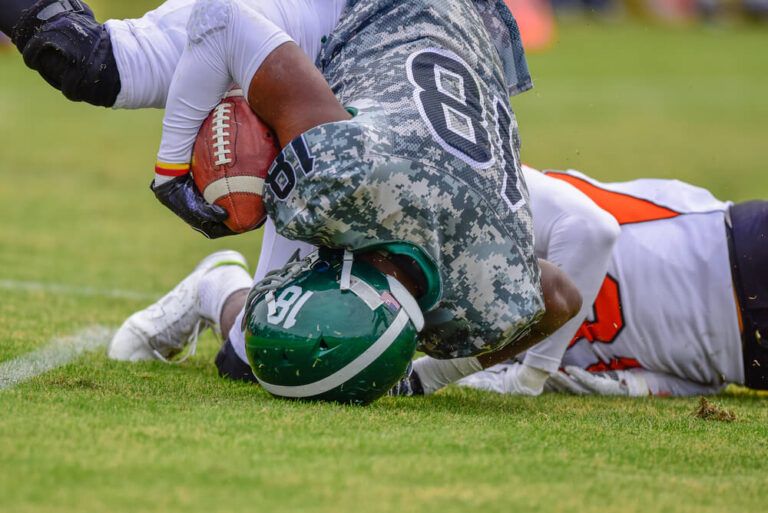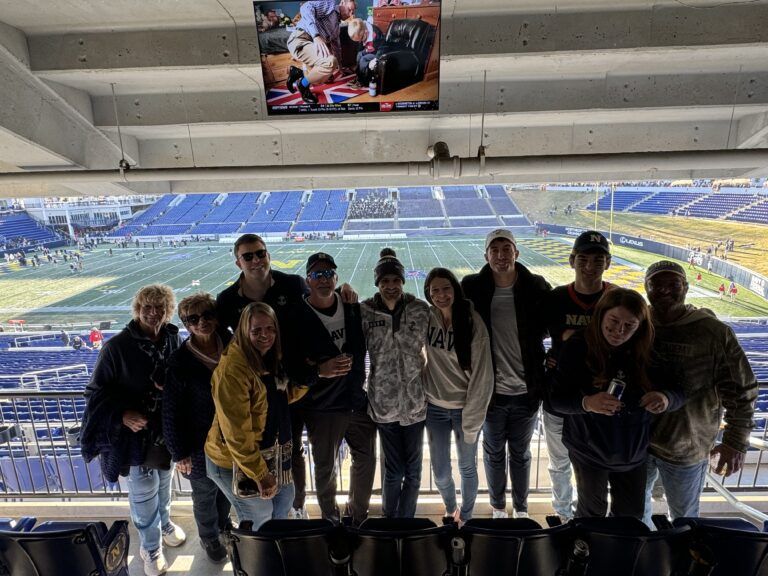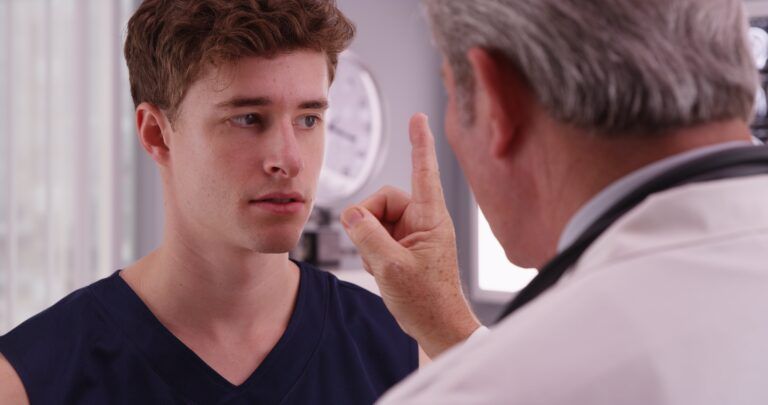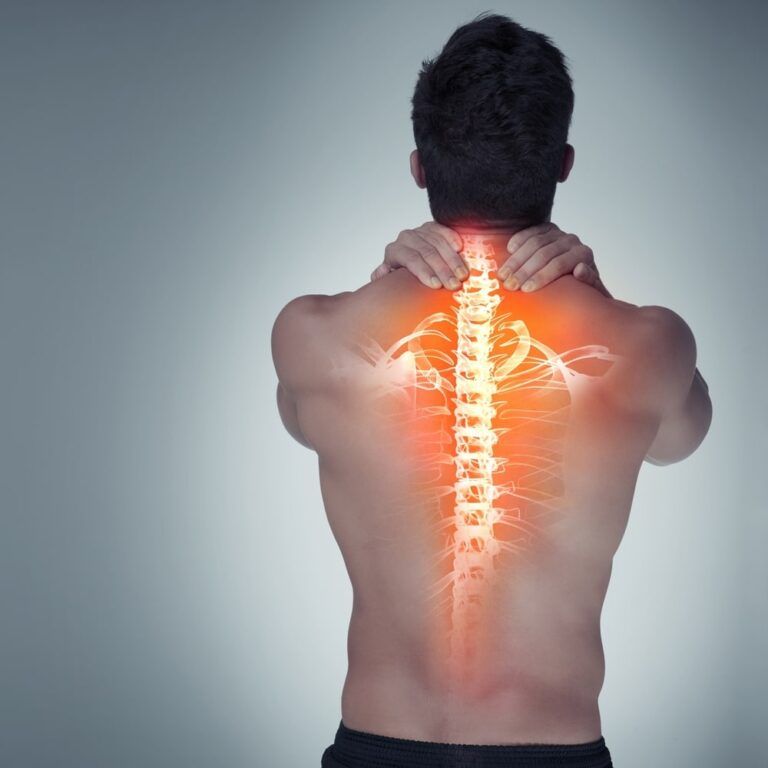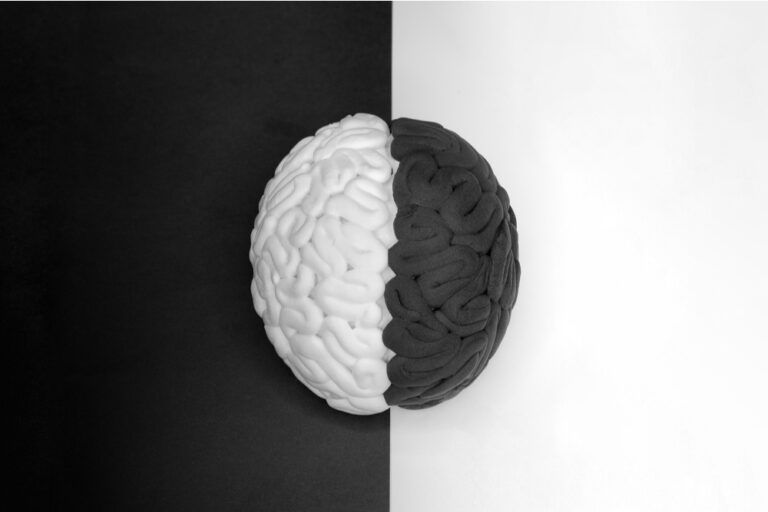As we step into the new year, it’s the perfect time to challenge and correct some widespread misconceptions about concussions. Concussions, often downplayed or misunderstood, are indeed serious brain injuries that warrant proper attention and care. In this inaugural post of our 2024 blog series, we aim to debunk common myths and provide accurate information, laying the groundwork for a year dedicated to concussion awareness and education.
Myth 1: Concussions Only Occur from Major Head Trauma
Contrary to popular belief, concussions don’t always stem from severe head injuries. They can occur from any impact or jolt to the head or even the body, causing the brain to move rapidly inside the skull. This means that even seemingly minor incidents can lead to a concussion.
Myth 2: You Must Lose Consciousness to Have a Concussion
This is a dangerous misconception. While loss of consciousness can occur in some cases, the majority of concussions happen without it. Overlooking symptoms just because one didn’t “black out” can lead to underdiagnosing and improper management of this injury.
Myth 3: Concussions Are Only a Concern in Contact Sports
While it’s true that contact sports like football or hockey have higher incidences of concussions, these injuries can happen in any sport or even in everyday activities. It’s crucial to be vigilant and proactive about head safety in all scenarios.
Myth 4: Helmets Can Prevent Concussions
Helmets are vital for reducing the risk of head injuries, but they cannot entirely prevent a concussion. They can mitigate the force of an impact but not the internal movement of the brain within the skull.
Myth 5: A Concussion Always Shows Immediate Symptoms
Symptoms can be delayed for hours or even days after the initial injury. It’s essential to monitor for any changes following a head injury, as symptoms might not be immediately apparent.
Myth 6: Once You Feel Better, You Can Return to Normal Activities
Recovery from a concussion varies from person to person. Just because symptoms subside doesn’t mean the brain has fully healed. Returning to regular activities, especially sports, should be a gradual process guided by healthcare professionals.
Looking Ahead: Our 2024 Blog Journey
This post is just the beginning. Throughout 2024, we’ll dive deeper into various aspects of concussion awareness, from protective measures in sports to the latest in concussion research and treatment. Here’s a sneak peek at what’s coming up:
– February: Tips for protecting your head during winter sports.
– March: How to identify a concussion.
– April: Navigating the recovery journey.
– … and more, leading up to our December wrap-up where we’ll review the year’s advancements in concussion research and treatment.
Stay tuned as we explore these topics in detail, aiming to educate and empower our readers. Remember, knowledge is a key factor in the effective management and prevention of concussions. Let’s make 2024 a year of enhanced awareness and understanding.


